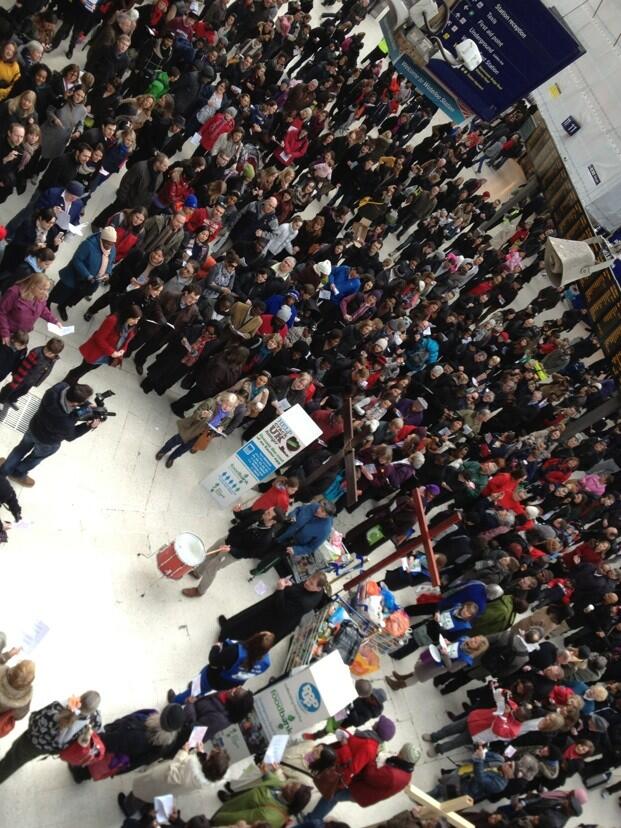Amid the vast coverage on the election of Pope Francis one story seems to stand out most prominently in the way it is being repeated countless times. This story is about limousines. When Pope Francis was the Archbishop of Buenos Aires, he shunned limousines and, instead, travelled around in buses. This simple fact is being repeated as some piece of stark evidence to demonstrate that the Pope is a man of the poor. Further credence is given to this 'man of the poor' image by more stories about how he lived in a simple apartment and cooked his own meals.
What I want to know is how all this stacks up to the new Pope actually fighting the causes of poverty as well as empathising with the outcomes of poverty? Is he going to advocate the use of contraception so that poor parents will actually be able to feed the children that they already have instead of spreading the gloom of hunger to all their brood? Is he going to get involved with the social policies of those countries where the Catholic religion is heavily interwoven into the government social policy making processes so as to create inequalities?
Eamon Duffy who is Professor of the History of Christianity at Cambridge University writes in today's Times' newspaper that Pope Francis is 'no liberal' because he 'sternly resisted the social and religious radicalism' that swept through the order of the Argentinian Jesuits in the 1970s.
I wait to see whether Pope Francis will make a difference in an ever increasing world of global inequalities.


